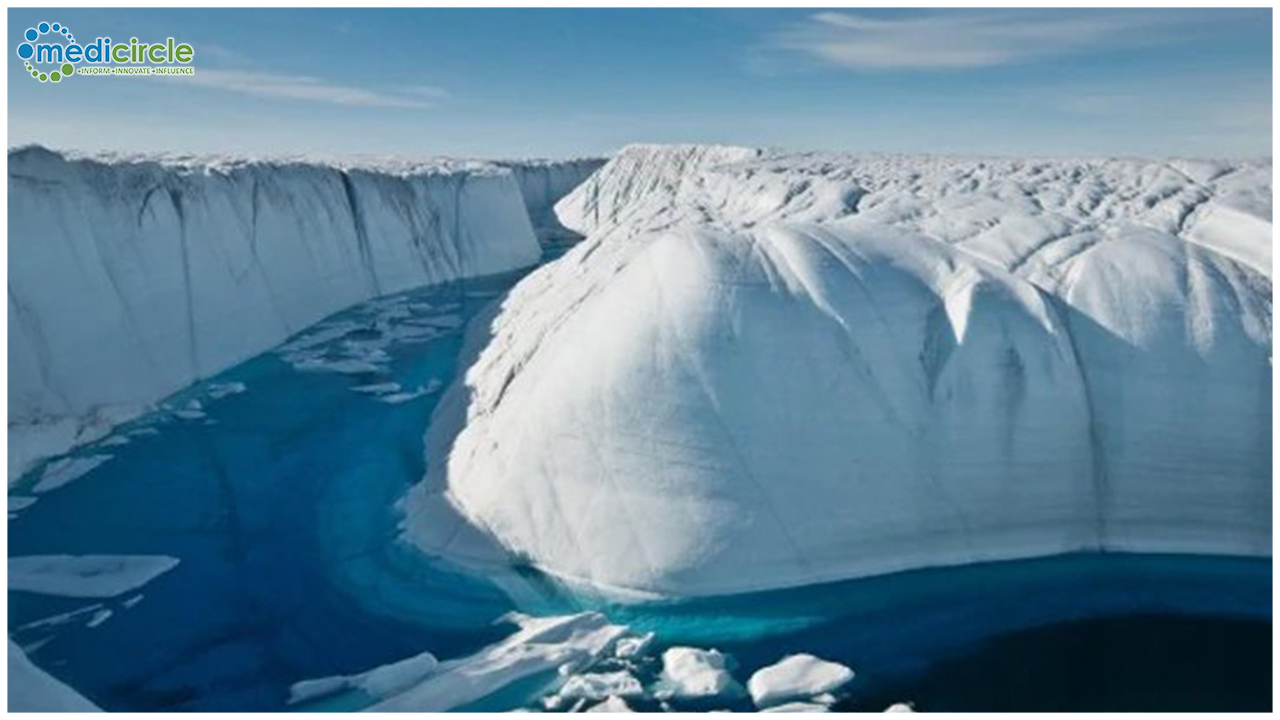Earth's ice sheets in Greenland and Antarctica are softening multiple times quicker than they were in the nineties, researchers state. This quickens the timetable of environmental change and flooding countermeasures that should be taken.
Two separate papers distributed in Nature show that the loss of ice has pushed worldwide ocean step up by 17.8 millimeters. 60 percent of that ascent was because of softening sheets in Greenland, and 40 percent because of liquefying in Antarctica.
Prof Andrew Shepherd from the University of Leeds (UK) co-drives an undertaking called the Ice Sheet Mass Balance Intercomparison Exercise, short "Imbie".
Its group of researchers has been inspecting the adjustments in volume, stream and gravity of ice sheets got by shuttle over almost three decades.
In 2019, the group found that the dissolving procedure of the Greenland ice sheets is quickening.
In 2014, the Intergovernmental Panel on Climate Change (IPCC) saw in recreations that worldwide ocean levels may ascend by 53 centimeters by 2100, yet the Imbie-researchers offered an increasingly critical standpoint. They said, all things considered, ocean levels could ascend by 70 centimeters by 2100.
As indicated by Prof. Shepherd, "each centimeter of ocean level ascent prompts waterfront flooding and seaside disintegration, disturbing individuals' lives around the planet."
The quickening in the timetable of ice top softening implies that "400 million individuals are in danger of yearly beach front flooding by 2100. These are not impossible occasions with little effects; they are as of now in progress and will be crushing for beachfront networks," Prof Shepherd said by ESA.

 The experts have studied and alarmed the world about the global warming but it has already started showing its effects.
The experts have studied and alarmed the world about the global warming but it has already started showing its effects.









.jpeg)

.jpeg)
.jpeg)
.jpeg)


.jpg)


.jpeg)
.jpeg)


.jpeg)
.jpg)




